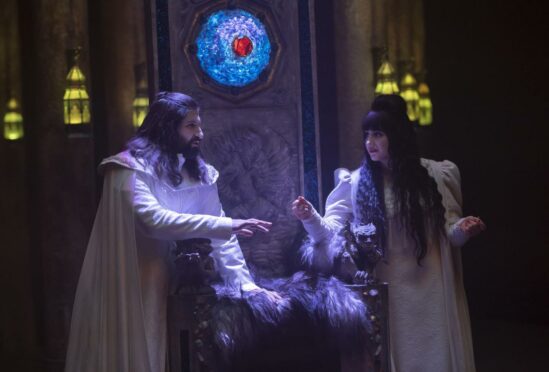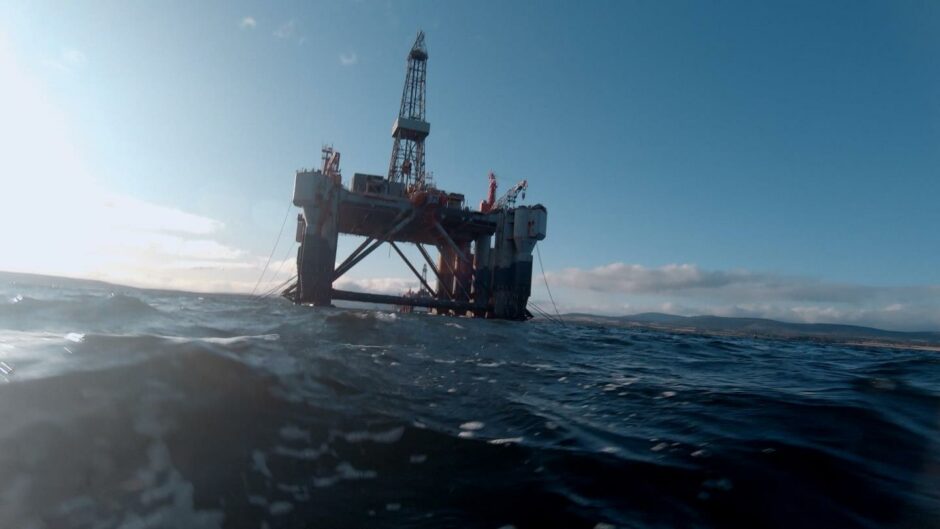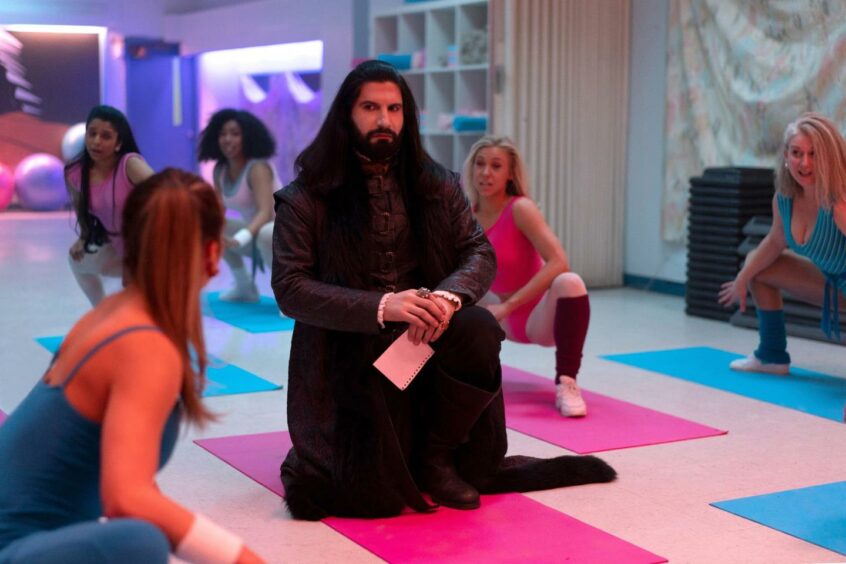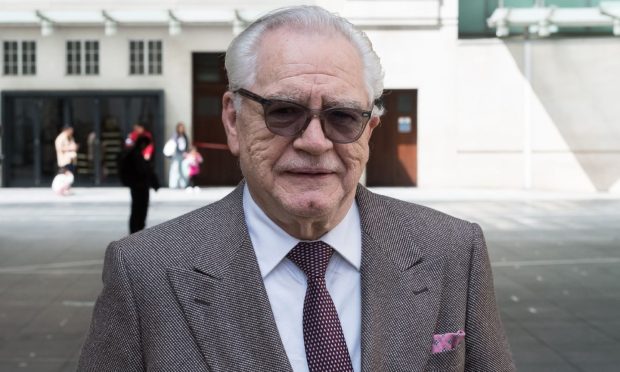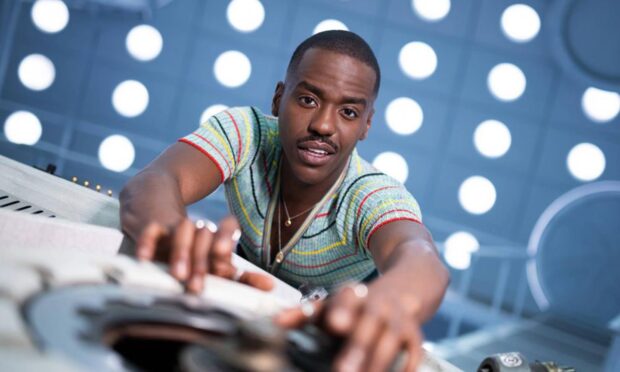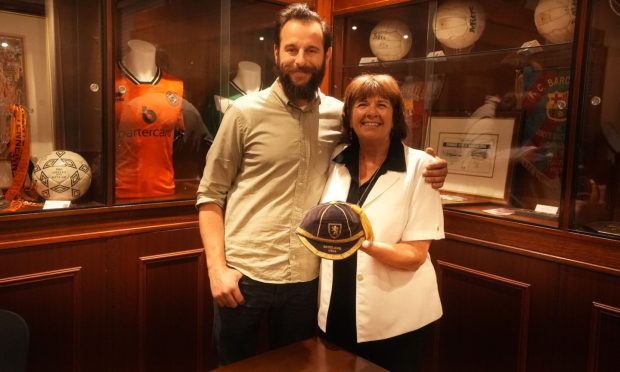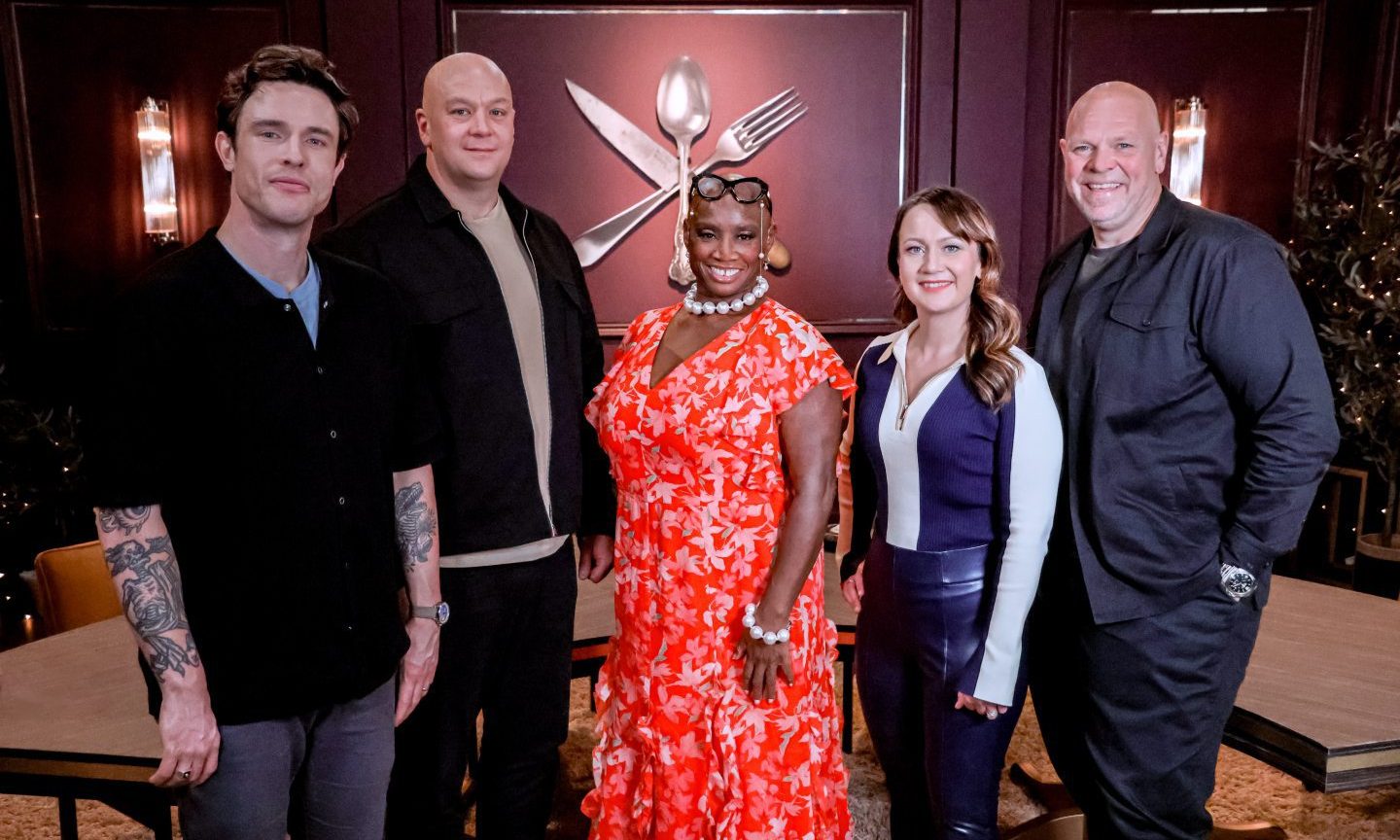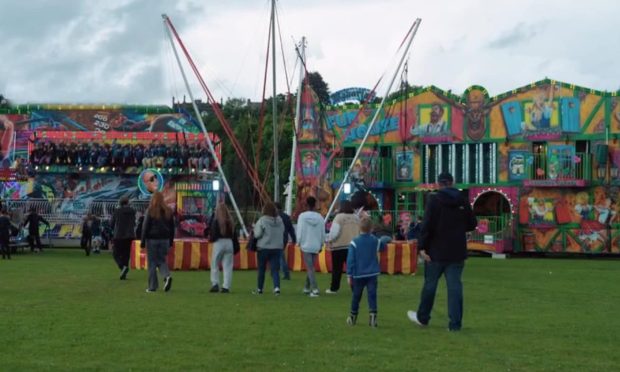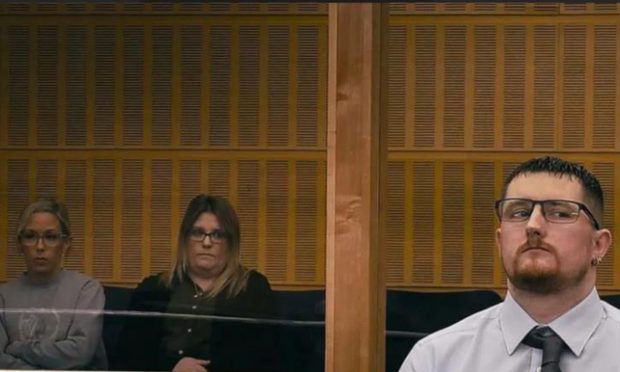In the week that the urgent COP26 conference began in Glasgow, one show stood out as utterly essential viewing for David Pollock.
Black Black Oil (BBC Scotland) was the perfect programme to produce in Scotland, not least because it deliberately took its name from John McGrath’s classic Scottish play. It also took its premise from a matter of local interest – the past, present and future of the North Sea oil fields – which expanded into a gripping tutorial on matters of national, international and species-wide significance.
Catastrophe counterbalanced by ingenuity
Through informed and informative talking heads, from young climate activists to figures within the fossil fuel industry, Emma Davie’s film was greatly revealing. The necessarily gloomy elements about potential climate catastrophe and the important counterbalance that humanity’s will and ingenuity still offer hope are by now familiar, of course.
Yet the sheer depth of explanation – from the role played by financial markets, to the real efficacy of certain techniques like carbon capture, to who really owns North Sea oil (mostly private equity firms and nations like China and Malaysia) – made for a calm, informative, eye-opening experience. To know why COP26 is so important, Black Black Oil is prescribed viewing.
Shadowy figures are effortlessly funny
Elsewhere, one of the most thrillingly inventive, gripping, must-watch fantasy series of recent times returned to our screens this week. Not Doctor Who (BBC One), although that was back too – What We Do In the Shadows (BBC Two) is the programme that’s really in its groove.
It’s unfair to compare, because Who has had ten more series for its format to become overfamiliar, but WWDITS – the telly spin-off from Jemaine Clement and Taika Waititi’s 2014 vampire comedy film about a quartet of amusingly mundane vampires living an eternal undead existence in New York – continues to click beautifully.
The second series ended with alpha-male Ottoman warrior Nandor the Relentless’ (Kayvan Novak) mild-mannered housekeeper/familiar Guillermo (Harvey Guillen) discovering his vampire hunter heritage and slaughtering the entire Vampiric Council for the American Eastern Seaboard before they could destroy his master and his friends.
Now the foursome have been appointed the new Council by default, while Guillermo languishes in a basement prison, fed on room temperature raw chicken as the others figure out which to do with him. WWDITS remains perfectly formed, joyously unpredictable and effortlessly funny.
Jury out on the new Who?
The jury’s out on the new Who until we see the whole series, especially as departing showrunner Chris Chibnall has gone for the multi-part story approach which boosted Who spin-off Torchwood. The first episode of ‘Flux’ was a fun enough romp, with scary new baddy Swarm, irascible dog-man Karvanista and returning villains the Weeping Angels and the Sontarans joining new companion / walking advert for Liverpool Dan (John Bishop), whose key character traits so far are ‘dry sense of humour’ and ‘lives next door to Anfield’.
Jodie Whittaker’s spirited turn as the Doctor under Chibnall is nearly over, with the series’ saviour Russell T. Davies soon to return, and the intention seems to be to go out with a breakneck bang. The two shows are apples and oranges, but by comparison to What We Do In the Shadows’ dry intimacy, Who felt somewhat overstuffed.
